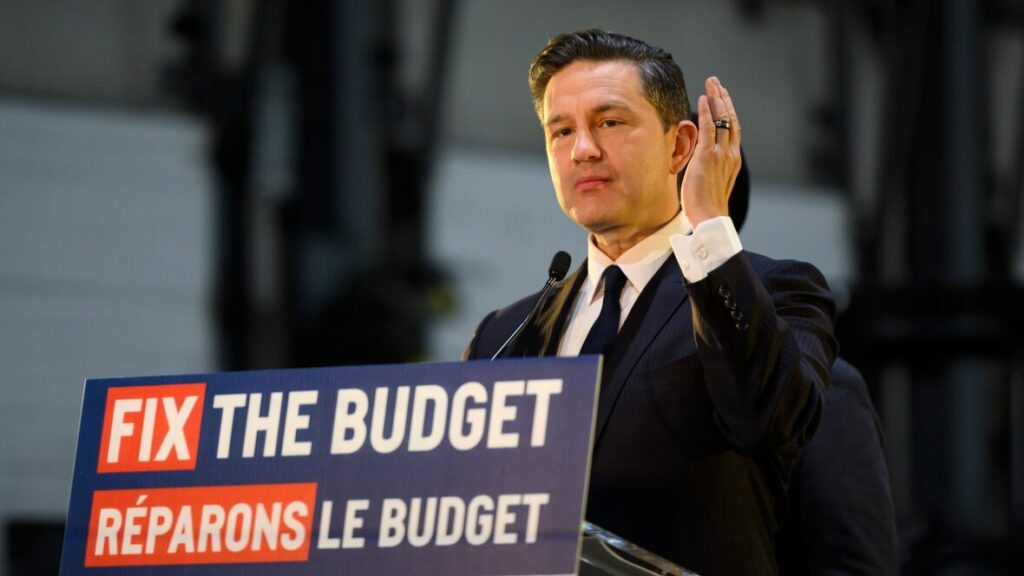
Introduction
The debate surrounding carbon tax in Canada has gained significant attention in recent months, especially with the parliamentary sessions heating up. Conservative leader Pierre Poilievre has emerged as a prominent critic of the current carbon tax policy, arguing that it adversely affects Canadian households and businesses. As Canada strives to balance economic growth with environmental responsibility, Poilievre’s views on the carbon tax are crucial for understanding the future landscape of Canadian politics and climate policy.
Poilievre’s Opposition to the Carbon Tax
Pierre Poilievre has consistently positioned himself against the carbon tax implemented by the Liberal government. According to him, the tax disproportionately impacts lower-income families and small businesses, as it raises the costs of essential goods and services. In a public statement made in September 2023, Poilievre emphasized, “The carbon tax is a tax on everything, and it punishes those who can least afford it.” His party’s platform advocates for a complete repeal of the carbon tax, calling it ineffective in truly addressing climate concerns.
Alternative Solutions Proposed
Instead of the carbon tax, Poilievre has proposed a range of alternative solutions to tackle climate change. His approach focuses on innovation and technology, suggesting that investments in renewable energy sources, energy efficiency, and clean technologies could lead to more sustainable economic growth without the financial burden imposed by carbon taxes. Moreover, he advocates for increased support for the natural gas industry, arguing that it can serve as a transitional energy source while transitioning to a greener economy.
Public Reaction and Political Implications
Public response to Poilievre’s anti-carbon tax rhetoric has been mixed. While some Canadians, particularly those struggling with rising living costs, resonate with his message, environmental groups argue that eliminating the carbon tax undermines efforts to reduce greenhouse gas emissions and combat climate change. As the next federal election approaches, Poilievre’s stance may either galvanize conservative voters or alienate environmentally conscious constituents.
Conclusion
The carbon tax debate is set to remain a pivotal issue in Canadian politics, with Pierre Poilievre at the forefront of the opposition to this policy. As the impacts of climate change continue to materialize, the question of how best to address it without overburdening the populace will remain a key topic of discussion. Whether Poilievre’s vision garnering support will reshape the political conversation toward his proposed alternatives is yet to be seen. The ongoing dialogue about the carbon tax will undoubtedly influence both public sentiment and government policy in the months ahead.



